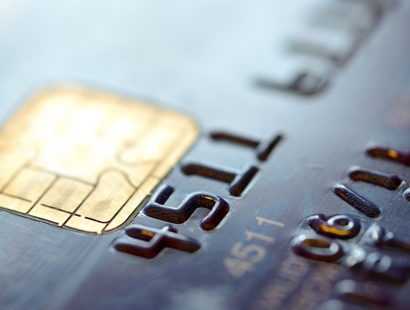
Navigating estate planning in the digital age—a guide to digital asset inheritance
Private client expert explores the often-overlooked realm of digital assets in estate planning during the digital age, emphasising the need to consider both financial and sentimental aspects to prevent irreversible losses.
When we think of passing down valuable items to the next generation, we may think of the treasured family photo albums or the letters written to loved ones. Yet, in the modern world, these may take a different form such as photos posted on Facebook, Instagram or a WhatsApp conversation. It is therefore surprising how little thought is given to digital assets when it comes to estate planning, leading to valuable assets (both financial and sentimental) being lost forever.
What are digital assets?
Digital assets are personal possessions which are accessed on a digital device (e.g. mobile phone, laptop or tablet) normally via an online account provided by a third party such as Netflix, Instagram, Facebook, Google, etc. Examples of digital assets include digital photos, videos, email / WhatsApp conversations, non-fungible tokens (NFTs) and cryptocurrency.
Alerting your representative to your digital assets
- Make specific reference to digital assets in your will
- Compile an inventory of your digital assets and include information about the account such as the name of the account, the website and the user ID
- Prepare a letter of wishes specifying your digital assets and how to deal with them. If you have not set it out explicitly, your PRs may not know, for example, that preserving your Instagram photos is important to you
Providing access to your digital assets
Even if your PRs are aware of your digital assets, they will be unable to preserve them if they cannot be accessed. Each account provider will have their own terms of use regulating access to the account on your death, which must be set up accordingly during your lifetime.
Social media
For example, Facebook allows you to appoint a ‘legacy contact’ to look after a memorialised profile, meaning that photos and posts are not lost. You may also want to download photos and videos to an external hard drive which your beneficiaries can access, to avoid any issues with dealing with a third party provider. Whilst it is not ideal to write down passwords, if this is unavoidable, then ensure these are stored securely.
Cryptocurrency
Dealing with cryptocurrency on death can be particularly problematic. In order to access, receive and send cryptocurrency a ‘private key’ (similar to a password) is required, the purpose being to protect the owner from theft and unauthorised access to funds. However, this also means that if your PRs do not have the private key(s), they cannot access the funds. As cryptocurrency is decentralised, i.e. there is no central authority which manages it; you cannot simply request access through the relevant bank or financial institution. Possible ways of passing on access to your cryptocurrency on death include:
- Sharing your private key(s) with your PRs
Although the simplest solution, the downside is that it may not be the most secure method and consideration needs to be given as to how details can be shared without compromising the security of your cryptocurrency. Do not write the details of your private key(s) in the will itself as this becomes a public record.
- Using a hardware wallet
-
Using a third party custodian e.g. crypto exchanges, traditional custodian banks and digital asset managers.
- Using a multi-signature wallet

Private client legal news—January 2024
Read the recent updates and hot topics from across the private client team.
Get in touch
If you would like to speak with a member of the team you can contact our private client solicitors; Holborn office +44 (0)20 3826 7522; Kingston office +44 (0)20 3826 7529 or Putney office +44 (0)20 3826 7515 or complete our form.





